The emergence of artificial intelligence in the glass industry
The evolution of our industry, where all kinds of flat glass, windows and doors meet innovation and ingenuity, a new revolution with the application of artificial intelligence is on the verge of creation.
Industrial construction is full of changes, but these changes are usually slow and methodical. Change is dangerous for companies and individuals alike. Things like being unknown, unwillingness of people to make changes in traditional methods, research costs, etc., which make it difficult to initiate change.
First, let’s talk about artificial intelligence. This term actually means that machines imitate human cognitive performance. such as problem solving, pattern recognition, data analysis, and learning basic and complex concepts. Given this opportunity, machines can “learn” from data without explicit programming.
This advancement now allows machines to better understand and generate insights into undiscovered processes, such as analyzing consumer data or understanding machine maintenance schedules.
There is a lot of technology in factories, but there is room to grow, adapt and advance processes with new artificial intelligence. Additionally, construction sites will methodically become hubs of technology opportunity with changes in construction protocol, advancements in software and safety, and much more.
It doesn’t matter if you are in the factory, office, or on the construction site and enter the orders. Deliver the finished product or build something at your workplace. Technology in general and artificial intelligence in particular have the opportunity to completely change every aspect of our industry.
Yes, welcome to the new age of artificial intelligence. Where AI will greatly impact process optimization, productivity, automation, software, factory configurations, safety, predictive analytics and more.
In this article, we review the ways in which artificial intelligence can positively impact the glass industry. Some of the effects will be subtle, while others will revolutionize the way we build new elements and build the world around us. Artificial intelligence has the potential to help all manufacturers understand the value of their goods throughout the life cycle of the manufactured product.
As a reminder, AI is constantly changing and improving based on new data. This data will influence the solutions that are developed in the future. Today, there are many opportunities for artificial intelligence to positively affect the way people work for order entry, on the factory floor, how to handle, check managers with a shortage of labor and logistics.
Undoubtedly, in the future, through the collection and analysis of data, artificial intelligence can have more effects. Including product offers, your website will be specifically targeted to target the individual needs of each visitor. Reorder processes in and out of the factory etc.
Isn’t now the time to apply artificial intelligence to the glass industry and watch this industry grow? Let’s find out!
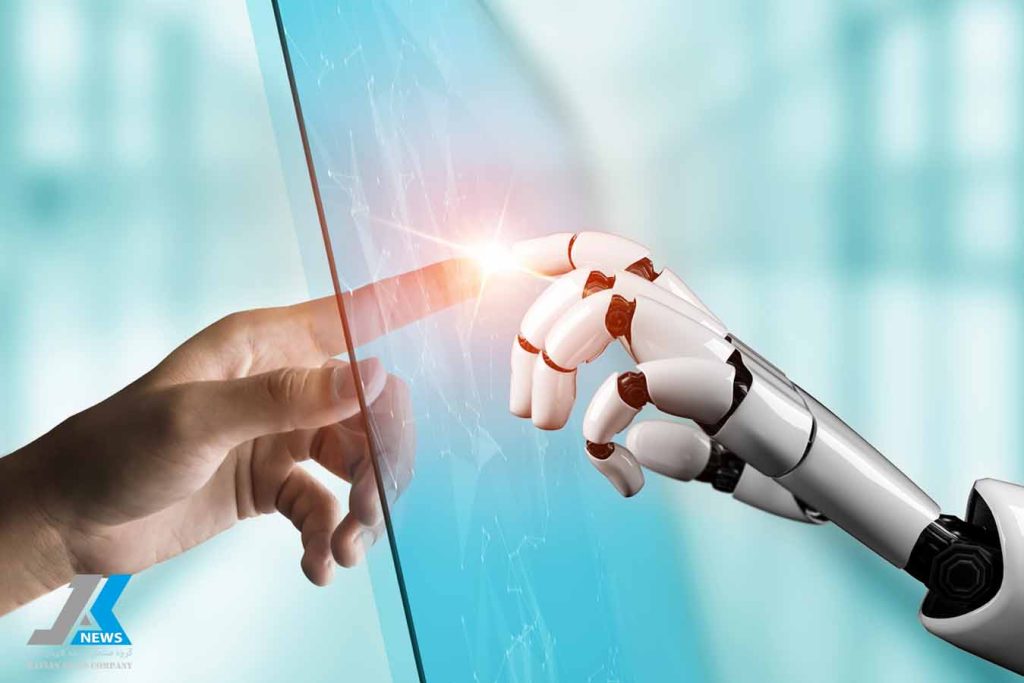
Monitoring and improving production and quality control with artificial intelligence
Artificial intelligence is capable of making process decisions, including monitoring and improving production and quality control on the factory floor. Imagine a project where AI not only monitors incoming customer orders, but also learns from repeat customers.
It tracks their needs and adapts to their wishes. Makes changes based on their notes or known parameters and other similar projects.
Another example is how AI can schedule increased productivity by remembering the location of warehouse pages, controlling and monitoring repetitive tasks, or working behind the scenes to restock inventory.
Intelligent management of challenges
Maintenance challenges can hinder business in the glass industry. By incorporating artificial intelligence to supplement machine manufacturer specifications, maintenance personnel can proactively work to resolve challenges, identifying machines that are operating outside of their desired specifications.
Find solutions faster and use digital instructions for real-time step-by-step location and implementation.
Monitor timely solutions based on issues discovered and reported in other manufacturers. With real-time adjustments, your maintenance team can prevent breakdowns or quality issues, thus enabling greater productivity.
When we mention productivity, it is important to understand how AI can eliminate repetitive tasks and processes. For example, artificial intelligence can be used to control employees to perform repetitive tasks.
AI can also monitor which shifts and employees perform best. It allows you to use the best employees to train new employees to make custom glass products for specific customers.
Cost control with artificial intelligence
When it comes to productivity, every project has risks such as delays and cost overruns. The bigger the project, the more likely some challenges will occur. The bigger the project, the more likely some challenges will occur.
Productivity can be increased by using intelligent monitoring systems. Artificial intelligence also has the potential to improve quality control in the factory. It can learn from data, use said data to make informed decisions. Find trends, identify quality control or safety issues and propose corrective actions. When AI uses AI-equipped inspection scanners, it can increase accuracy, shorten inspection time.
It can reduce recalls and thus improve cost savings. By identifying and inspecting more in advance, you can troubleshoot potential problems and allow your business to increase efficiency and profitability. As AI capability develops and more people use it, additional use cases will arise for incorporating AI into the factory.
Watch out for upcoming changes in your glass factory. Technology doesn’t stand still, and you, your employees, or your company need to be forward-thinking and resilient.
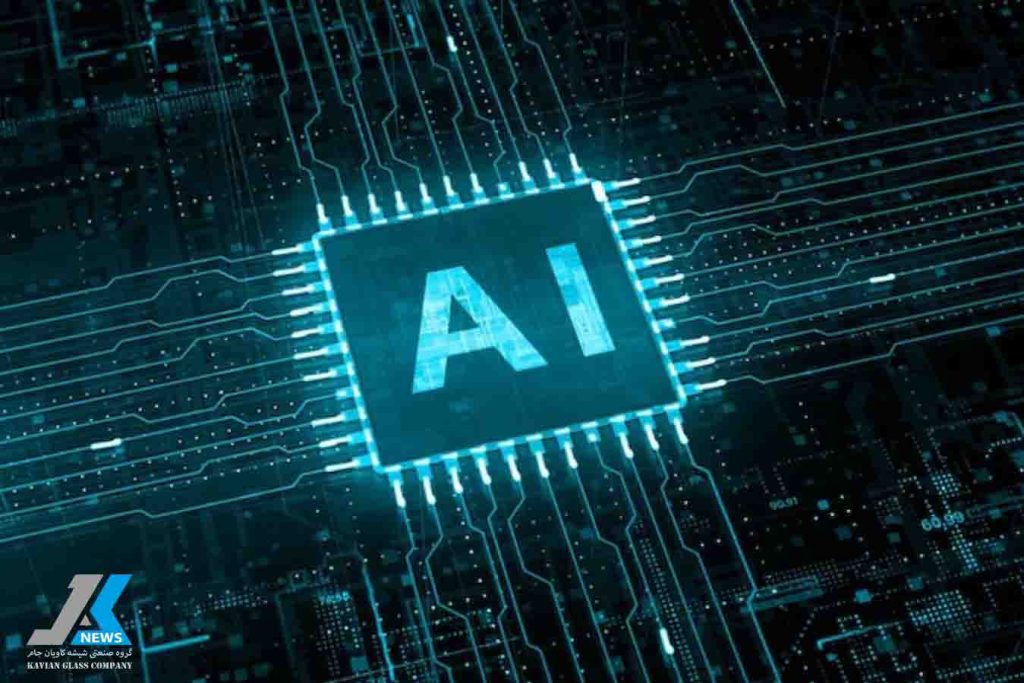
Lack of power and the realm of artificial intelligence
Labor shortage is a pressing challenge in the construction industry. Learn how AI-based solutions can help alleviate this problem by automating repetitive tasks, streamlining training processes, and optimizing workforce management.
Today, the realm of artificial intelligence and its impact on the flat glass industry is opening up. The profound impact of AI advances could widen the gap between companies that are willing to embrace technology and those that resist change.
So, let’s take this opportunity to educate ourselves on the developments and their implications as we navigate our companies this year and beyond.
Safety and artificial intelligence
It doesn’t matter which part of the factory our employees work in. Safety is of great importance. We can train artificial intelligence to understand and detect any security breach based on its parameters. By training artificial intelligence to identify and record violations, we can automatically prioritize, rank, and apply remedial training and solutions.
Keeping employees safe is very important to any business owner. By applying artificial intelligence, we have the opportunity to proactively address concerns. In addition, we can make sure that all employees are trained equally, so there is no difference between employees.
Labor shortages have been discussed in our industry for years. Unfortunately, this is a clear and current challenge for the construction industry in general and in the flat glass, window and door industry. The average turnover rate in our industry is higher than other industries. How can we reduce this deficiency and use artificial intelligence?
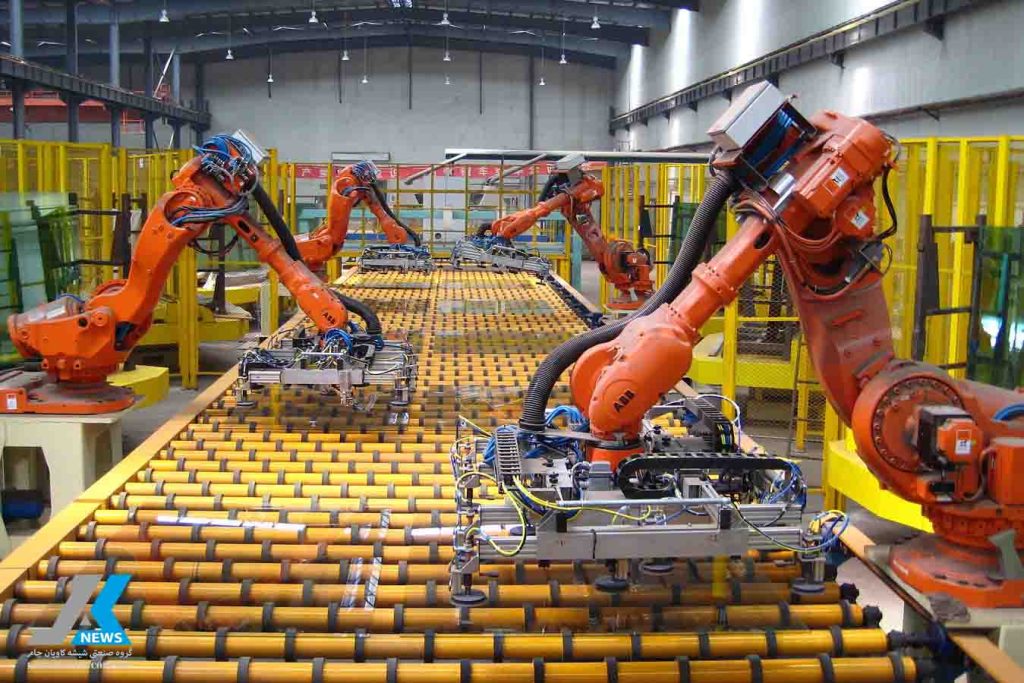
Conclusion
Artificial intelligence is emerging as a catalyst for changing parameters in all industries, including flat glass, windows, etc. Our industry, traditionally resistant to rapid change, is now at an innovation crossroads. Is now the time for software companies, equipment manufacturers, and the industry at large to organize the details that will bring artificial intelligence to life in our industry? Artificial intelligence offers solutions that can revolutionize the way we approach manufacturing and installation.
The potential is huge, from improving order entry to optimizing logistics. These will showcase the transformative impact of artificial intelligence on safety, automation, productivity and efficiency. The key is to understand the importance of AI not only as a tool for efficiency, but as a strategic partner in navigating the future complexities of the industry and harnessing our true innovative potential in ‘life’.
Public Relations of Kavian Jaam Glass Industrial Group

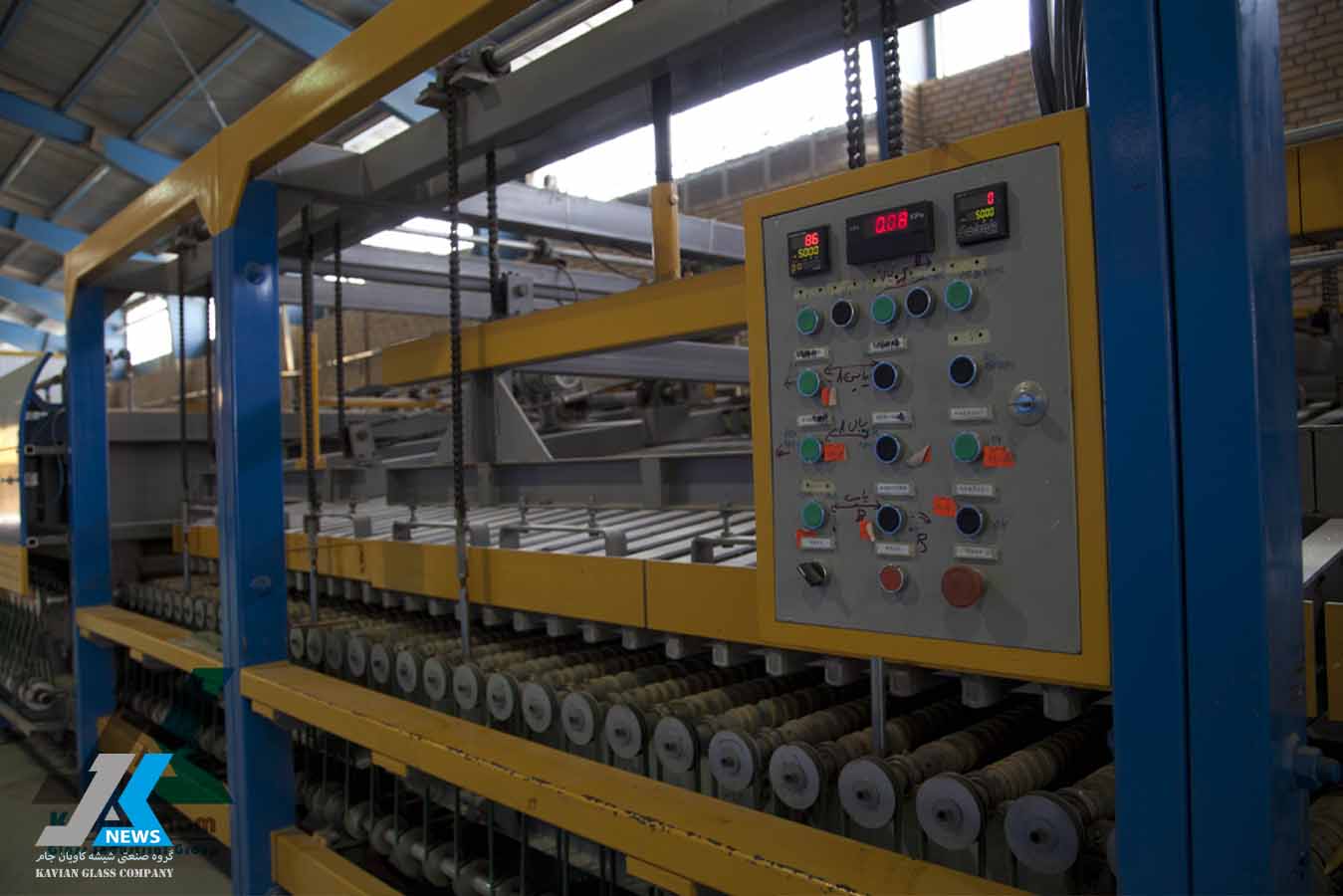



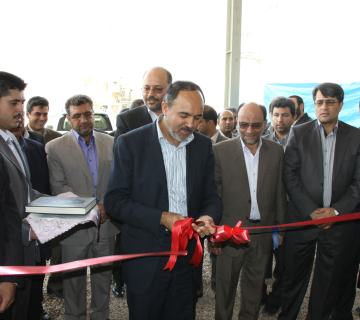
بدون دیدگاه